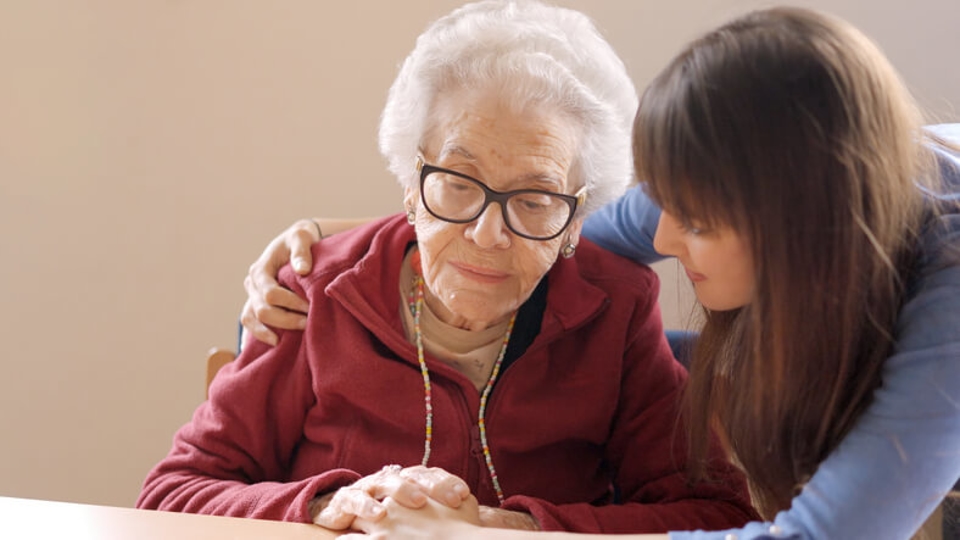For families who trust nursing homes to provide quality care for their elderly loved ones, uncovering signs of abuse can be shocking and devastating. Nursing home abuse is not just a breach of trust; it is a violation of human dignity that warrants accountability. If you believe your loved one has suffered abuse, neglect, or mistreatment in a Texas nursing home, it’s important to know that the legal system offers pathways to pursue justice and compensation.
But what compensation can you actually seek in a nursing home abuse lawsuit? Understanding your rights under Texas law is the first step toward holding negligent facilities accountable and securing justice for your loved one.
Types of Damages Recoverable in a Nursing Home Abuse Case
When filing a nursing home abuse lawsuit, compensation typically falls into three main categories of damages: economic damages, non-economic damages, and, in some cases, punitive damages. Each type of compensation serves a specific purpose in addressing the harm caused.
Economic Damages
Economic damages aim to cover the financial losses incurred due to the abuse or neglect. These damages are tangible and measurable, including:
- Medical Expenses: Nursing home abuse often results in physical injuries, requiring medical treatment. Victims can seek compensation for hospital bills, surgeries, medications, physical therapy, and any ongoing medical expenses.
- Rehabilitation Costs: Abuse may necessitate additional rehabilitative care, including counseling, physical therapy, or specialized services to recover from emotional and physical harm.
- Relocation Expenses: If the abuse or neglect forces your family to move your loved one to a new facility, the costs of relocation, including moving fees or new facility deposits, may be recoverable.
- Financial Losses: This could include funds stolen directly from the resident, such as through financial exploitation or unauthorized charges.
These economic damages ensure that families are not financially burdened as they try to care for their loved ones and address the fallout from abuse.
Non-Economic Damages
The harm caused by nursing home abuse goes far beyond financial costs. Abuse and neglect can leave deep emotional scars that affect the victim’s quality of life, self-esteem, and mental health. Non-economic damages seek to compensate for these types of personal harm, which often include:
- Pain and Suffering: Emotional and physical pain caused by the abuse is one of the central factors in non-economic damages. Whether the abuse led to chronic pain, psychological trauma, or a loss of dignity, these damages aim to provide restitution.
- Loss of Enjoyment of Life: Victims may lose the ability to participate in the activities they once loved due to stress, fear, or physical injuries. Compensation can help account for this impact.
- Mental Anguish: Emotional injuries such as depression, anxiety, or post-traumatic stress disorder (PTSD) commonly result from mistreatment in nursing homes. Compensation can be pursued for the toll these injuries take on both the victim and the family.
While non-economic damages can never undo the harm inflicted, they serve to recognize and address the full extent of a victim’s suffering.
Punitive Damages
Punitive damages are not awarded in every case but are reserved for situations involving egregious acts of negligence or recklessness by the nursing home. These damages are intended as a form of punishment against the facility or staff responsible and serve to deter similar misconduct in the future.
The legal threshold for punitive damages is high, requiring proof that the defendants’ actions were malicious, fraudulent, or grossly negligent. However, when successfully pursued, punitive damages can send a clear message that abuse will not be tolerated.
Who Can File a Nursing Home Abuse Lawsuit?
You may be wondering, "Do I even have the right to file this lawsuit?" If your loved one has suffered abuse or neglect in a Texas nursing home, the right to file a claim typically lies with:
- The victim of the abuse (if cognitively capable)
- A designated legal guardian
- A family member or personal representative acting on the victim’s behalf
Your attorney will help determine who has the legal standing necessary to file the lawsuit and ensure that the proper procedures are followed.
What Factors Influence the Compensation Amount?
Every case is unique, and compensation amounts may vary depending on factors such as:
- Severity of the Abuse: The more severe and long-lasting the harm, the higher the potential compensation.
- Evidence of Negligence or Misconduct: Strong evidence of abuse, neglect, or misconduct significantly strengthens your case.
- Impact on the Victim: The degree to which the abuse has impacted the victim’s physical, emotional, and financial well-being will play a central role in calculating damages.
- Facility Accountability: If the nursing home has a documented history of abuse or negligence, it could impact the outcome of your case significantly.
An experienced attorney will work closely with you to build a compelling case, ensuring that all relevant details are presented to maximize compensation.
Seeking Justice with Corpus Christi Nursing Home Abuse & Neglect Attorneys
Pursuing a nursing home abuse lawsuit can feel overwhelming. Understandably, families may be reluctant to take legal action due to the complexity and emotional toll of the process. However, holding the responsible parties accountable is often the only way to prevent further harm and obtain the compensation necessary for recovery.
At Williams Attorneys, we have a deep track record of successfully fighting and advocating for Texas families in nursing home abuse cases. With our expertise in nursing home laws and a relentless focus on justice, we work tirelessly to ensure that your loved one’s rights are protected and their suffering is recognized.
Reach out to the team today at (361) 866-5535 for a free consultation. We’ll guide you through every step, help you understand your legal options, and fight to ensure justice.






